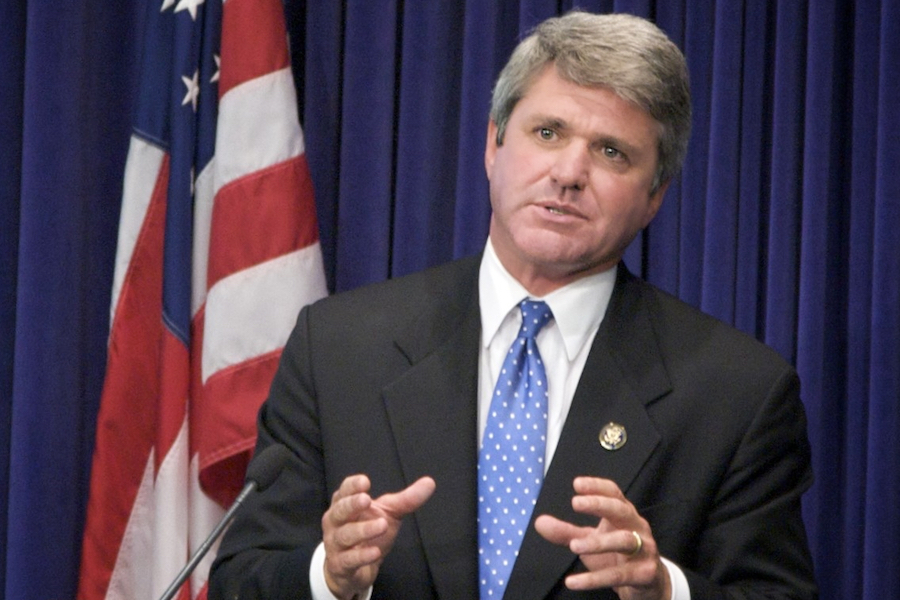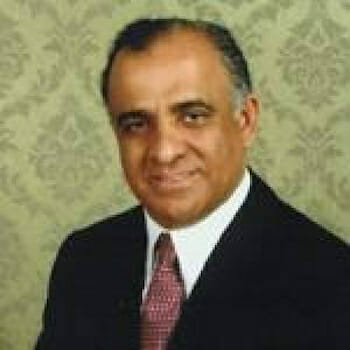
Politics
House GOP Needs a Steady Foreign Policy Hand
Now that the 2018 mid-term elections are finally drawing to a close, all attention in the House of Representatives has turned to leadership elections.
The House Foreign Affairs Committee is no exception. The retirement of current Chairman, Ed Royce (CA), has left a leadership position vacant during a pivotal time for the Republican Party and, indeed, for the U.S. and its allies.
The House Foreign Affairs Committee election results will have the power to do much more than help determine whether or not Republicans will retake the House in 2020.
In the next two years, the Foreign Affairs Committee needs to play a critical role in advancing America’s interests around the world and building lasting partnerships with U.S. allies that are vital to our security.
The U.S. Embassy in Jerusalem
Relocating the U.S. Embassy to Jerusalem represented a bold move by the Trump administration. Many say it was long overdue, considering the closely-allied relationship between the U.S. and Israel. However, some suggest that it will also come at a price.
Rep. Michael McCaul (R-Texas) understands that a strong partnership between the U.S. and Israel is essential to containing Iran, as he wrote in a September 2017 op-ed for The Hill. McCaul also supported the Countering America’s Adversaries Act which was signed into law August 2017.
While the foreign policy failures of the Obama administration created the void which Iran is currently filling, it is the responsibility of this Congress and the Trump administration to ensure the Mullahs in Tehran are not successful.
For this reason, I supported the House’s overwhelming passage of the Countering America’s Adversaries Act, which was signed into law in July. This law directs the president to impose sanctions on any entity or individual that materialistically supports Iran’s ballistic missile program, is complicit in human rights abuses, or provides military sales, such as tanks, missiles or combat aircraft, to the regime. Additionally, this law freezes the assets of members of Iran’s militant arm, the Iranian Revolutionary Guard Corp (IRGC), who are responsible for the implementation of Iran’s military agenda. Furthermore, it requires the administration to develop a strategy to counter Iran’s nefarious, destabilizing activities in the Middle East.
Getting Bi-partisan Support for a Non-nuclear Iran
In Foreign Affairs Committee leadership, it will take someone who believes strongly in supporting Israel but who can also help Democrats understand the importance of containing Iran.
After serving as the Chairman of Homeland Security Committee for 6-years, and as a long-time and senior member of the House Foreign Affairs Committee, McCaul has the knowledge and experience to reach across the aisle for a more secure world. He knows what is at stake and understands how important it is for Democrats newly elected into House leadership to support efforts to protect Israel and promote stability.
Setting partisanship aside is also vital to containing and countering the dread hand of dangerous terrorist elements that threaten the safety and security of the U.S. and its allies, both at home and abroad.
“Hardest working committee in Congress.” Those glowing words from Politico refer to Chairman McCaul and the 112 bills he has passed during six years at the helm of the House Department of Homeland Security Committee. His work as a senior member of the House Foreign Affairs Committee has also been far-reaching. Recently, he authored a bill to strengthen a key counterterrorism partnership in Africa and expand access to international markets for American businesses.
Cybersecurity and Infrastructure Security
To bolster U.S. defenses against threats to cyber-systems and information security, McCaul sponsored H.R. 3359, which was signed into law on November 16, 2018. The Cybersecurity and Infrastructure Security Agency Act will elevate the cybersecurity mission at the Department of Homeland Security, support vital infrastructure, including U.S. election systems, and create the Cybersecurity and Infrastructure Security Agency (CISA). CISA will make proactive cyber protection its number one priority.
From understanding the problems and solutions presented by rising world-powers like China and Russia, to keeping dangerous rouge nations like Iran and North Korea in check, battle-hardened statesman Rep. Michael McCaul has what it takes to keep the U.S. one step ahead in 2019 and beyond.

